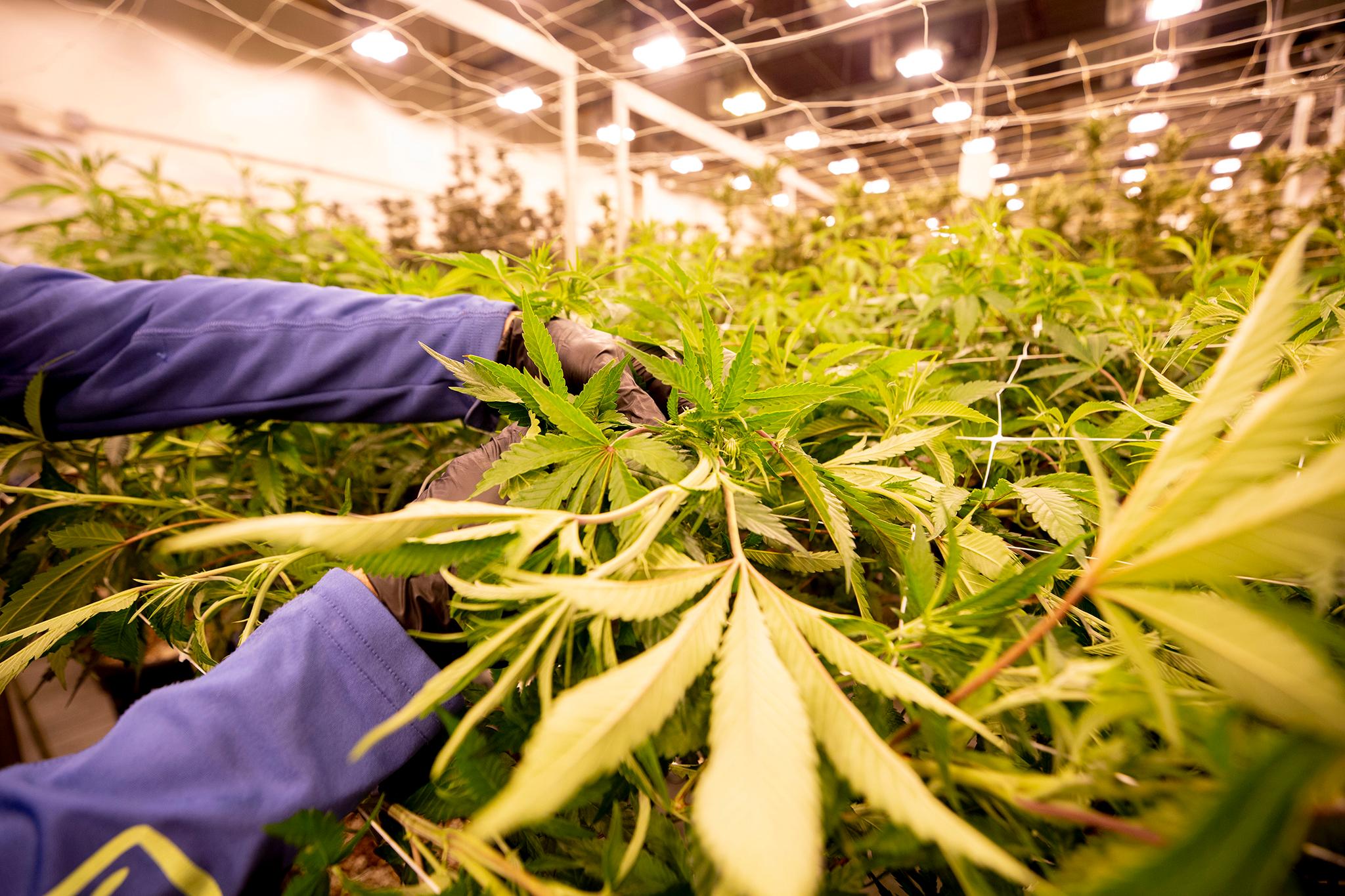Denver's social equity businesses could soon see an uptick in delivery orders. That's the hope, according to a proposal from the Denver Department of Excise and Licenses.
Social equity businesses are those disproportionately impacted by previous marijuana laws and enforcement.
The proposal would reserve all cannabis delivery licenses for those businesses and all cannabis businesses would have to use social equity transporters to conduct deliveries.
Denver Department of Excise and Licenses executive director Molly Duplechian said she hopes to build more partnerships between retailers and transporters.
"There has not been as much participation in delivery partnerships between stores and transporters as we would have liked to have seen," Duplechian said. "We're hoping that this proposal will give them some certainty going forward."
If the plan moves forward, a three-year exclusivity period for social equity businesses set in 2021 would be lifted.
"What we're proposing is to remove the sunset of that exclusivity period and require stores to work with social equity transporters to conduct delivery," Duplechian said. "We're trying to remove all the barriers that we can that are out there so that we can see increased participation between stores and transporters to increase that opportunity."
This would also include lowering transporter and delivery permit fees for social equity transporters. Some licensing fees cost up to $2,500 but that would be lowered to $200 under the proposal.
Applicants much meet the following criteria to qualify as a social equity business:
- Reside in a disproportionately impacted area of Colorado for at least 15 years between 1980 and 2010.
- Have an arrest related to cannabis or a criminal record.
- Have a household income in the prior year of application that did not exceed 50 percent of the state's median income.
The Department of Excise and Licenses will take feedback and input on the plan over the next two weeks. The Denver City Council will review the proposal in August. The department hopes transporters can pay the lower fees by September or October, Duplechian said.
She added she is aware some social equity transporter licenses are expiring, which gives the department a sense of urgency.
"Those people know that there's help on the way with those reduced fees," Duplechian said. "They know that going forward they will continue to have that exclusivity."













